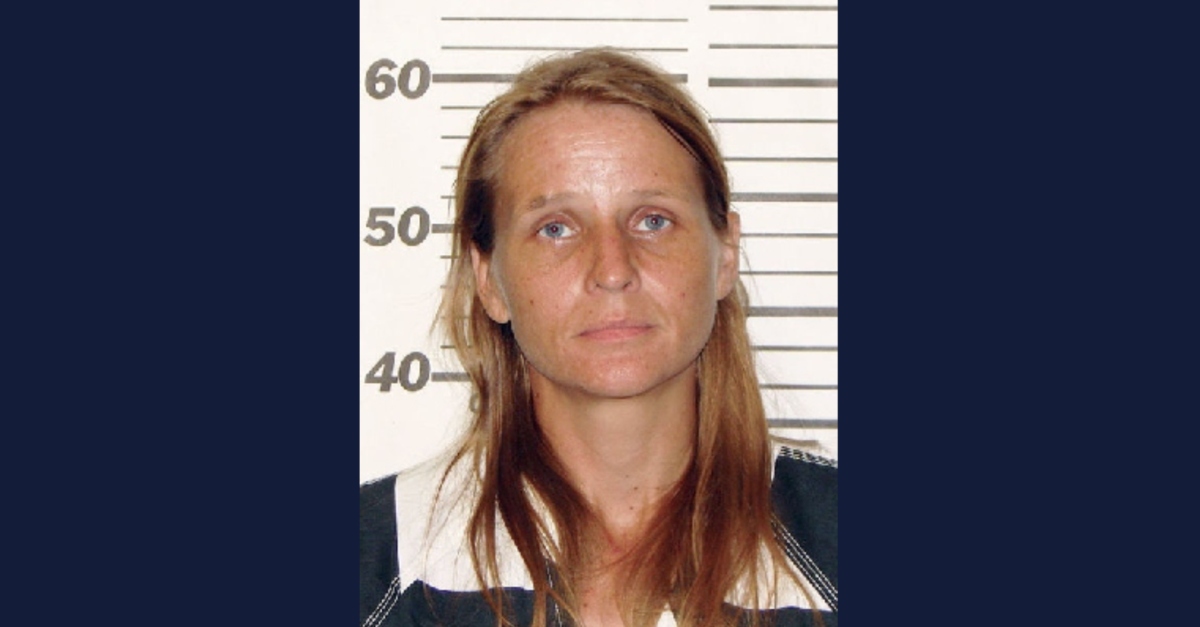
Rebecca Ruud
A woman was acquitted of murdering her 16-year-old daughter. Rebecca Ruud, 39, had Savannah Leckie, 16, move back in with her years after giving her up for adoption to a close friend, but she ended up killing the girl and burning her body after subjecting her to physical abuse, say prosecutors in Ozark County, Missouri.
In this bench trial, Judge Calvin Ray Holden acquitted Ruud of murder in the first degree, abuse or neglect of a child, murder in the second degree, and tampering with evidence. But he did find her guilty of abandonment of a corpse.

Savannah Leckie
She reported her child missing on July 20, 2017, but investigators discovered the teenager’s burnt remains on the mother’s farm the following Aug. 4. Savannah was reduced to merely a bag of bones, prosecutor Anthony Brown said. Citing jailhouse informants, the state said that Ruud admitted to drugging her daughter and burning the body while the teenager was still alive. Defense lawyer Yvette Renee Duvall dismissed the informants as making “fantastical stories.”
Brown said the murder followed a long-term pattern of the mother abusing the daughter by making her go through a hog pen, hosing her down outside, making her jump in a pond, and taking away her guinea pigs.
“This is indicative of a total disregard for humanity, for empathy, and compassion,” he said. He called Ruud a “possessed, evil person with evil intent.”
During the state’s rebuttal, prosecutor Anthony Brown called #RebeccaRuud a “possessed, evil person” with evil intent. pic.twitter.com/xAl10Ka4lU
— Law&Crime Network (@LawCrimeNetwork) June 30, 2022
Ruud, a volunteer firefighter, concealed Savannah’s death and destroyed the body instead of contacting authorities, Brown said. This is proof of murder, he said.
“You’re a first responder,” he said. “A firefighter. You should know that.”
During closing arguments, prosecutor Anthony Brown said accused murderer #RebeccaRuud concealed the death of her daughter #SavannahLeckie. “She knew on the 20th where she was … she was in that burned pile, reduced to a bag of bones,” the prosecutor added. pic.twitter.com/iVte4HGODO
— Law&Crime Network (@LawCrimeNetwork) June 30, 2022
Suspicious behavior included Ruud peeing herself while investigators executed a search warrant, although authorities said she was free to go.
A former deputy testified Tuesday that #RebeccaaRuud urinated on herself during a search warrant. Ruud is accused of murdering her 16-year-old special needs daughter in 2017. pic.twitter.com/aXgWyaDtJL
— Law&Crime Network (@LawCrimeNetwork) June 28, 2022
Defense lawyer Yvette Renee Duvall brought up Leckie’s mental health history. The teenager was hospitalized twice in 2016 for suicidal ideation, self-harm, and cutting. Leckie’s depression had increased dramatically.
Duvall asserted during opening statements that investigators immediately treated Leckie’s disappearance as a death investigation, not a missing person case. It was about thoughts and feelings instead of the evidence, the defense lawyer said.
Brown said evidence of suicidal ideation and depression was just a “snapshot” of Savannah’s life and it was from 2016, the year before her death.
“So none of these records that you see were records that were generated while Savannah was under the care of the defendant,” he said.
Leckie only brought up suicide because she wanted to get help, the prosecutor said. She said that she did not want to act on it.
Defense attorney Yvette Duvall said that #RebeccaRuud‘s daughter #SavannahLeckie told her adoptive mother that she was going to commit suicide by the end of the summer. pic.twitter.com/Isxoh7PnjK
— Law&Crime Network (@LawCrimeNetwork) June 30, 2022
[Images via Ozark County]
Have a tip we should know? [email protected]